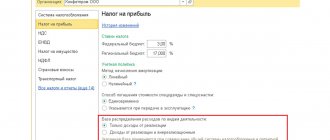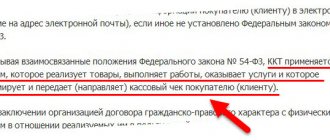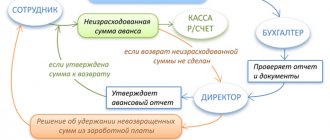How can a legal entity borrow from an individual?
To borrow, a legal entity enters into a written loan agreement, where the parties stipulate the following essential conditions:
- information about the borrower and lender,
- loan amount and term,
- method and frequency of loan repayment.
Without these clauses, the contract is considered invalid, and the parties cannot protect their interests in court. To ensure that a valid contract is drawn up, it is better to do this at a notary’s office. Then the notary will ensure that the agreement is legally correct.
The contract can be interest-bearing or interest-free. If a company takes out an interest-bearing loan, it pays an individual a commission for using the money. There are no commissions for an interest-free loan. The parties specify in the agreement whether the loan is interest-bearing or not. If you do not register, the loan is considered interest-bearing, and the rate is 7.75% per annum.
The maximum cash loan amount is 100,000 rubles. To borrow more, you must transfer money to the company's current account. If you divide a large loan into several small ones, the tax authorities will fine you.
How to return a loan to an individual from a legal entity
The borrower and the lender decide for themselves how to repay the debt. For example, monthly, quarterly or once a year. The contract should specify how often the legal entity pays the loan amount and interest. The parties can create a payment schedule - a document that specifies dates and amounts of money to be paid on certain days.
Repayment of a loan to an individual from a legal entity can be made in cash, to a card or through a cash register. The main thing is to reflect the payments in accounting.
If an individual accepts the loan repayment in cash, he leaves a receipt. The creditor indicates in the receipt that he received the money in full, then puts a date and signature. The receipt helps the entrepreneur prove that he has paid off the debt.
It is easier for the borrower to transfer money by bank transfer. In this case, you do not need to withdraw cash and comply with the cash rule, and the transfer history will reflect that the debt has been paid.
Choose a bank
§ 2. Credit
Article 819. Loan agreement
1. Under a loan agreement, a bank or other credit organization (lender) undertakes to provide funds (loan) to the borrower in the amount and on the terms stipulated by the agreement, and the borrower undertakes to return the amount of money received and pay interest on it.
2. The rules provided for in paragraph 1 of this chapter apply to relations under a loan agreement, unless otherwise provided by the rules of this paragraph and does not follow from the essence of the loan agreement.
Article 820. Form of loan agreement
The loan agreement must be concluded in writing.
Failure to comply with the written form entails the invalidity of the loan agreement. Such an agreement is considered void.
Article 821. Refusal to provide or receive a loan
1. The lender has the right to refuse to provide the borrower with the loan provided for in the loan agreement in whole or in part if there are circumstances clearly indicating that the amount provided to the borrower will not be repaid on time.
2. The borrower has the right to refuse to receive a loan in whole or in part by notifying the lender before the deadline established by the agreement for its provision, unless otherwise provided by law, other legal acts or the loan agreement.
3. If the borrower violates the obligation for the intended use of the loan provided for in the loan agreement (Article 814), the lender also has the right to refuse further lending to the borrower under the agreement.
What else you need to know about the loan agreement
The borrower registers loans of more than 600,000 rubles with the Federal Service for Financial Monitoring. To report a large loan, you need to register on the service’s website and fill out a form. If you do not do this, you will have to pay a fine of 200,000 rubles.
To apply for a loan, you must enter into a written agreement. The contract specifies the essential conditions without which the court will not consider the dispute. You can repay a loan to an individual from a legal entity through the cash desk or in cash. The easiest way to pay off your debt is by bank transfer to a card.










